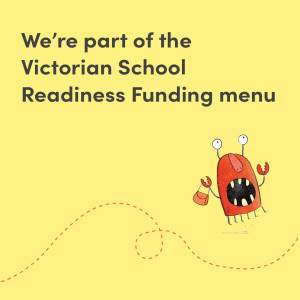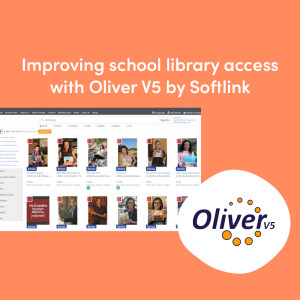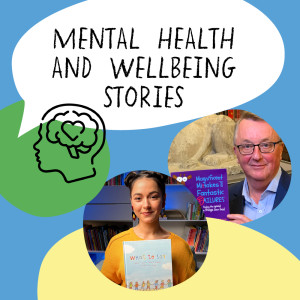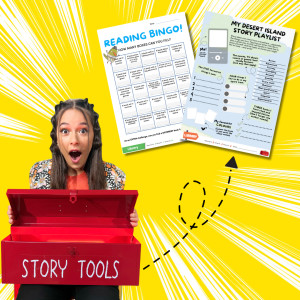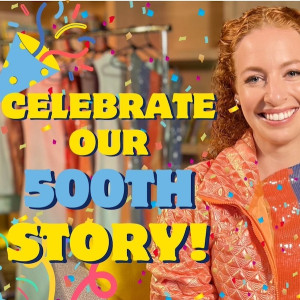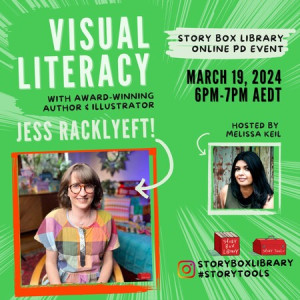Diverse books and Story Box Library by Helen Adam
21 Mar 2019
A lack of diverse books is failing children from minority backgrounds. This is something that should concern all Australians.
I studied five Australian early learning settings and found less than 5% of books contained cultural diversity. My more recent findings show educators are struggling to use books in ways that promote intercultural understandings.
Diverse books can help achieve principles of diversity written into Australian education polices. The potential of diverse books in addressing these principles and equity more generally is too important to ignore.
How books impact little readers socially and academically
Reading to children has a powerful impact on their academic and intellectual development. Children learn about themselves and the world through the books they're exposed to. Importantly, children can learn understanding and respect for themselves and for those who are different to them.
The majority of children's books depict white main characters.
But a lack of diverse books means we have a serious problem. Currently, children from minority backgrounds rarely see themselves reflected in the books they're exposed to. Research over the last two decades shows the world presented in children's books is overwhelmingly white, male and middle class.
For children from minority groups, this can lead to a sense of exclusion. This can then impact on their sense of identity and on their educational and social outcomes.
Stereotypes and misrepresentation
The evidence regarding Indigenous groups across the world is even more alarming. Research shows these groups are rarely represented. And, if represented at all, are most likely to be represented in stereotypical or outdated ways.
Many educators or adults unwittingly promote stereotypical, outdated or exotic views of minority groups. This can damage the outcomes for children from those groups. Children from dominant cultural groups can view themselves as normal and others as different.
In my recent study, I found the book collections in early childhood settings were overwhelmingly monocultural. Less than 5% of the books contained any characters who were not white. And in those few books, the minority group characters played a background role to a white main character.
Particularly concerning was the lack of representation of Aboriginal and Torres Strait Islander people. Of 2,377 books, there were only two books available to children that contained Aboriginal and Torres Strait Islander characters. Only one of these was a story book.
In this book, the Aboriginal character was portrayed as a semi-naked person playing a didgeridoo in the outback. There were no books showing actual everyday lifestyles or views of Aboriginal people.
Teachers are uncertain
The accompanying practice of teachers may also be counterproductive to achieving equitable outcomes for children from minority backgrounds. The teachers in my study were keen and committed to the children in their care. They were passionate about the importance of reading to children. But when it came to selecting books, they struggled to know what books to select and how best to use them.
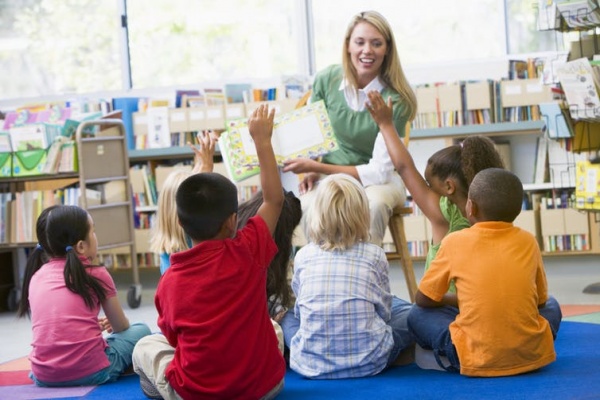
Other researchhas found similar uncertainty among teachers. Some teachers overlooked the importance of diversity altogether. Some saw diversity as a special extra to address occasionally rather than an essential part of everyday practice.
How can we make bookshelves more diverse?
The call for more diverse books for children is gaining momentum around the world. The value of diverse books for children's educational, social and emotional outcomes is of interest to all.
The voices of Aboriginal and minority group writers calling for change are gaining momentum. But there is still much to be done.
The recent development of a database from the National Centre for Australian Children's Literacy is an important step. Publications of diverse books are still very much in the minority but some awareness and promotion of diverse books is increasing.
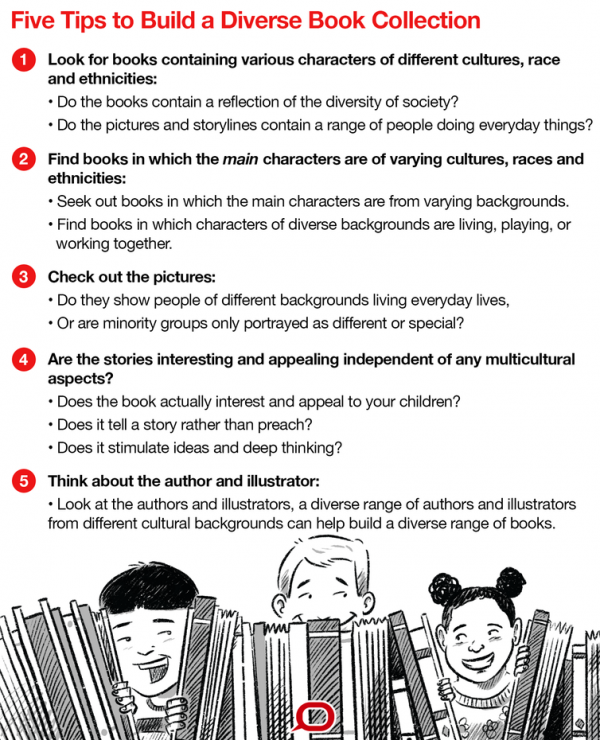
The Conversation, CC BY-ND
How Story Box Library is helping
Story Box Library is to be applauded for their efforts in not only promoting diverse literature for teachers, parents and children to share and enjoy, but for ensuring that those who read these books for Story Box Library also represent the diversity of our society and of the books they read. As well as this, the work they are doing through their Arts Council grant of 2019 is providing more and more stories written and read by Aboriginal and Torres Strait Islander creators and storytellers. But wait! There's more! Story Box Library also promotes and supports the valuing of children's home languages with plans to film My Two Blankets in Arabic, Farsi and Dari and have these stories told through storytellers from the Asylum Seekers Resource Centre. It is very exciting to see this recognition and genuine efforts taking place.
These important steps forward could be supported with better training for teachers and increased discussion among those who write, publish and source books for children. When we share diverse books with children, they gain opportunities to see themselves reflected and affirmed. Importantly we broaden children's perspectives and understandings of those that are different to themselves.
Five Diverse Story Box Library Stories to get you Started
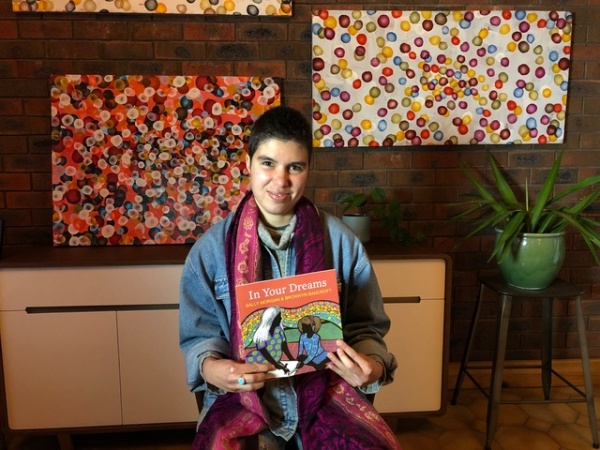
https://storyboxlibrary.com.au/stories/in-your-dreams/
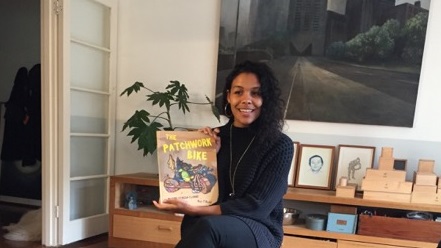
https://storyboxlibrary.com.au/stories/the-patchwork-bike/
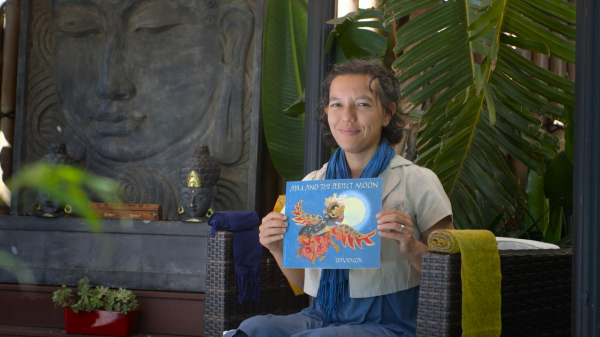
https://storyboxlibrary.com.au/stories/ayu-and-the-perfect-moon/
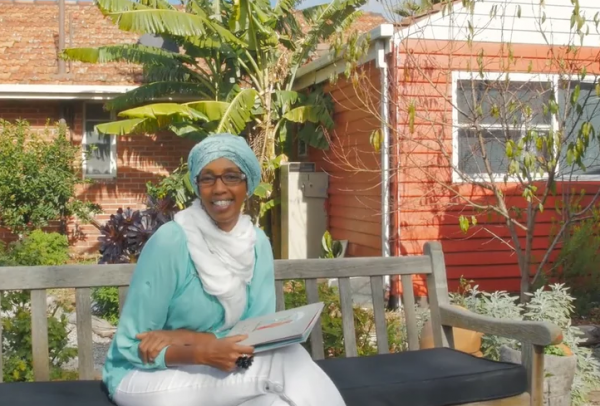
https://storyboxlibrary.com.au/stories/my-two-blankets/
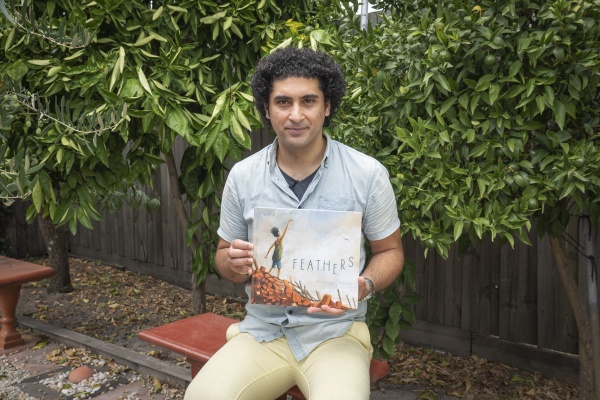
https://storyboxlibrary.com.au/stories/feathers/
This article has been adapted from an article which originally appeared in The Conversation by
Lecturer in Literacy Education and Children's Literature, Edith Cowan University:


